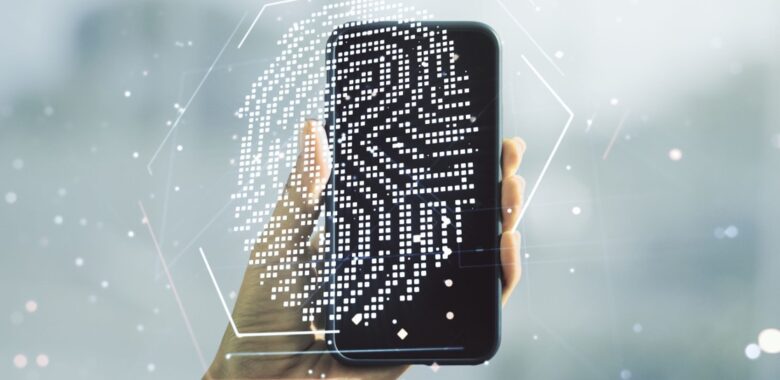If you frequently visit our blog, you’ll know we’re well-versed in discussing advancements in identity. Whether it’s technological progress in digital identities or speculating about the future of identity, we’ve got it covered.
It’s therefore no surprise that we commemorate Identity Day (ID Day), which takes place on the 16th September and aims to draw attention to the importance of having a verifiable proof of identity.
In previous years we’ve used our platform to highlight the ID Day campaign in general, the importance of having a legal identity, and the ID4Africa movement.
This year, we have taken some time to reflect on the three major trends that are driving the identity landscape:
- increasing standardisation with open standards for interoperable and future-proof solutions,
- recognition of foundational ID programs for countries as a key lever in their digital transformation, and
- growing focus on citizen privacy with development of data protection regulations worldwide.
Here are three illustrations of these major trends.
OSIA Recognised as an International Standard by ITU
One of the most significant milestones was the recognition of the Open Standard Identity APIs (OSIA) by the International Telecommunication Union (ITU) as an international standard. OSIA is a set of open standard interfaces (APIs) that facilitate seamless connectivity between all components of the identity management ecosystem, regardless of technology, solution architecture, or vendor.
The ITU, a specialised agency of the United Nations, plays a crucial role in standardising information and communication technologies. This recognition establishes OSIA as the main standard to ensure interoperability and compatibility between different identity sub-systems, enabling smoother and more secure identification processes globally. It also reduces switching costs when upgrading systems, mitigating the risk of vendor lock-in.
Philippines Achieves a Major Milestone in Registration
The Philippines is about to reach a significant milestone with close to 90 million registrations in its national identification system. The Philippine government has been dedicated to implementing a robust and inclusive identification system that provides secure and reliable services to its citizens.
This achievement signifies that a large number of individuals in the Philippines have successfully enrolled in the foundational identity system, granting them access to various government services and benefits. The system ensures the accuracy and uniqueness of each person’s identity, which is crucial for the efficient delivery of public services such as healthcare, education, social welfare, and financial services.
This rollout was not without its challenges – in part down to the country’s unique geographic characteristics. With a population of 109 million people across over 7,000 islands, many residing in remote locations, registration teams have faced logistical hurdles. They rely on various modes of transportation, including cars, water taxis, and motorbikes, and registration kits have to withstand tough conditions like water spray, shocks, and vibrations.
Advancements in Data Protection
The growing adoption and enforcement of data protection regulations worldwide underscore the importance of safeguarding personal data. Several noteworthy developments have taken place:
- Somalia: The establishment of the Somali Data Protection Authority highlights the importance of privacy regulations in the digital landscape.
- Tanzania: The operationalisation of the Personal Data Protection Commission demonstrates a commitment to protecting individuals’ personal data within the country.
- Papua New Guinea: The completion of its national data protection and governance policy marks a key milestone, showcasing its dedication to safeguarding data privacy.
These examples reflect the global recognition of data protection as a crucial aspect of modern governance and emphasise the increasing efforts by countries to establish robust frameworks for the secure handling and usage of personal information.
The Importance of Identity for All
At Thales we recognise and champion the core pillars of the Identity Day campaign: Inclusion, Protection, and Empowerment.
- Inclusion: An astounding 850 million people worldwide lack any official form of identity. This exclusion prevents them from accessing essential services and participating fully in society. Thales is committed to addressing this issue through technological solutions and partnerships with governments worldwide to ensure everyone is included, acknowledged, and accepted.
- Protection: An identity isn’t just a card or a number; it’s who you are. Protecting identities from theft and misuse is crucial. Identity Day serves as a reminder to prioritize the fortification of our identities against breaches.
- Empowerment: Identity schemes should be inclusive; there must be no barriers to access and use. Where citizens can prove their identity, populations are empowered. ID Day serves as an opportune moment for reflection and action, and a reminder to put citizens at the centre.
By championing these pillars, we can work towards a future where everyone has a legal identity, enabling them to access the services and opportunities they deserve.
For further reading:



